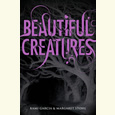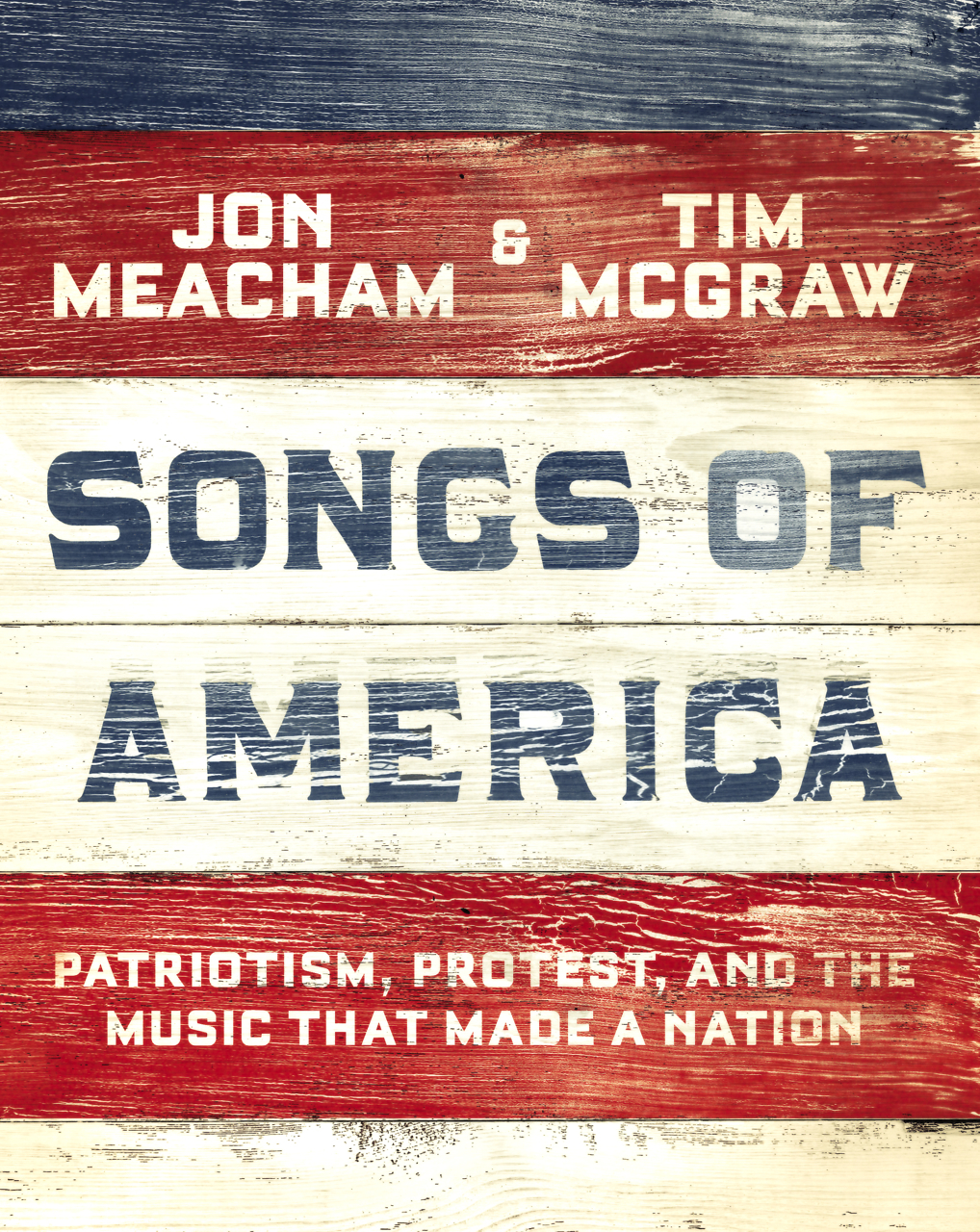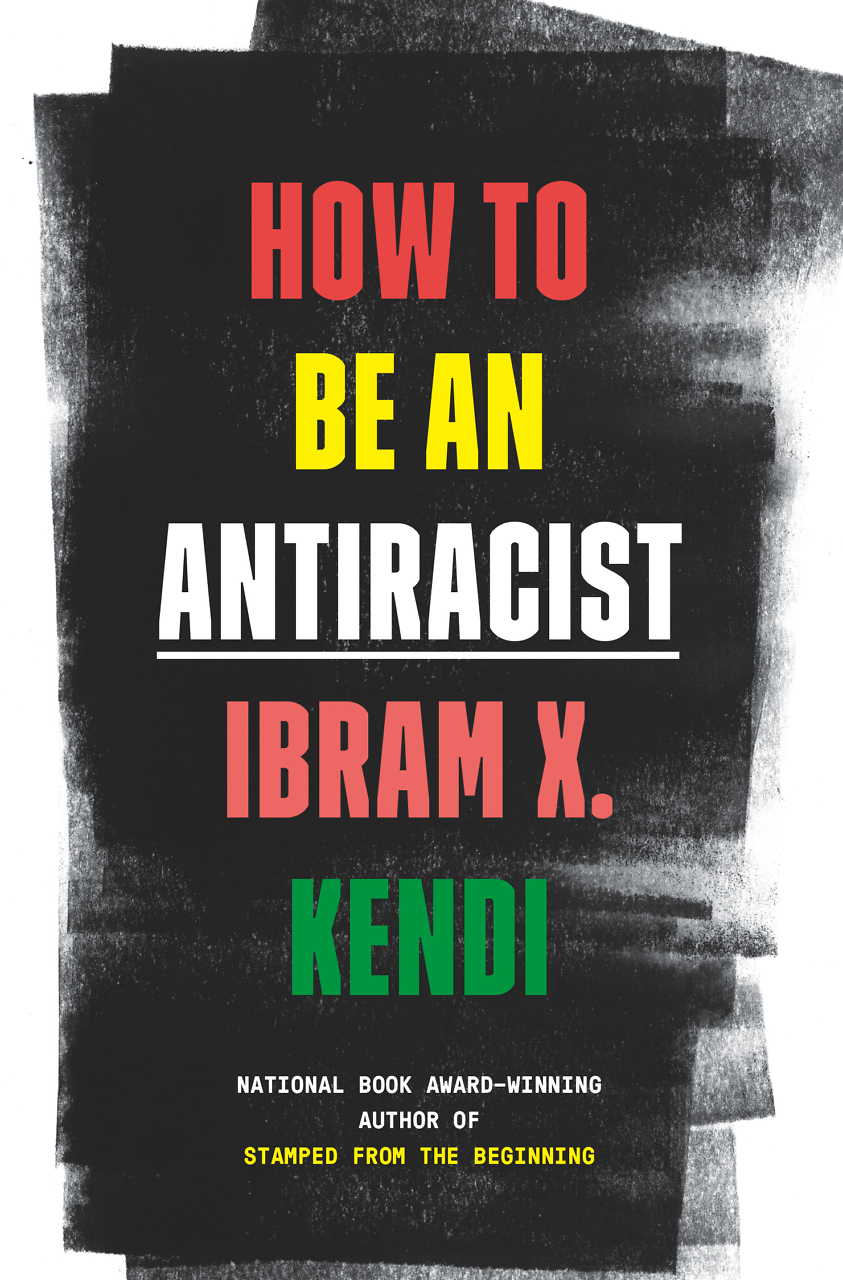The Bucket List
In Marie Myung-Ok Lee’s The Evening Hero, a retired doctor confronts his long-buried past
When Horse’s Breath General Hospital suddenly closes, Dr. Yungman Kwak doesn’t know what to do next. Dr. Kwak, the protagonist of Marie Myung-Ok Lee’s The Evening Hero, has been the only obstetrics specialist in his region of northern Minnesota for decades, and he’s ill-equipped to occupy his newfound leisure. He doesn’t golf or fish, doesn’t have religion or hobbies, prefers staying home to travel. His best friend, Ken, another veteran M.D. from Horse’s Breath, encourages Yungman to create a “bucket list,” everything he wants to experience before he dies. Less romantically, Yungman’s son Einstein urges him to work in “Retailicine” (“retail plus medicine”), perhaps in a “Mall-Based Retail Outlet” or “M-BRO.”
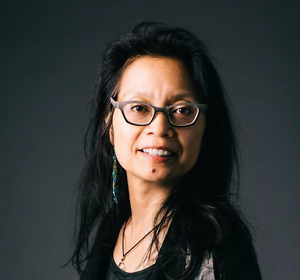
Further troubling his mind, Yungman feels that his wife Young-ae is becoming estranged. She is impatient at home and spends her free days volunteering at a church in the Twin Cities, odd behavior for a woman previously uninterested in religion. After a tense Thanksgiving with Einstein’s family and a brief, humiliating time doing laser hair removal, Yungman senses that major change is imminent. Still, he’s surprised when Young-ae announces her own, one-item bucket list: She wants to go home, to a place called Water Project Village, in North Korea.
Lee’s novel shuttles between the Kwaks’ tumultuous past in Korea and their relatively peaceful decades in Minnesota. The dual narrative reveals that the stability they enjoy in the U.S., a period Yungman describes as “odd in its calmness,” is the product of sacrifice and betrayal. When readers learn about the losses he endures before immigrating, we understand why, even in times of prosperity, “he was always preparing for the next disaster.”
For the novel’s first 100 pages, Yungman’s name, which translates as “evening hero,” sounds ironic. A caring doctor who advocates for his patients, he endeavors elsewhere to be unobtrusive, preferring to remain silent when he experiences prejudice, as when fellow doctors pronounce his name “Quack.” Yungman believes that their livelihood in America “depended on his being agreeable, never making anyone mad.” Frugal and dutiful, he lives defensively, trying to protect his modest home from the upheavals that haunt all human history.
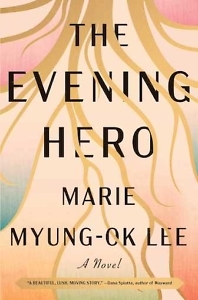 In the Korean episodes of Yungman’s youth, he learns firsthand how geopolitical forces can destroy a family. His small village — where Young-ae also grows up, though in more comfortable quarters — endures Japanese occupation and the heavy hand of the American military, all before the Korean War breaks out in 1950, forcing everyone in his community south to Pusan. His mother works desperately and creatively to keep her family together, but the lines separating allies from enemies keep changing. They return to Water Project Village only to find that “the war had ripped up the fabric of their old life.” The beginning of the war separates his father from them. Eighteen years later, when Yungman immigrates to America, he goes alone.
In the Korean episodes of Yungman’s youth, he learns firsthand how geopolitical forces can destroy a family. His small village — where Young-ae also grows up, though in more comfortable quarters — endures Japanese occupation and the heavy hand of the American military, all before the Korean War breaks out in 1950, forcing everyone in his community south to Pusan. His mother works desperately and creatively to keep her family together, but the lines separating allies from enemies keep changing. They return to Water Project Village only to find that “the war had ripped up the fabric of their old life.” The beginning of the war separates his father from them. Eighteen years later, when Yungman immigrates to America, he goes alone.
These Korean scenes show Yungman not as acquiescent and passive, but as scheming and adaptable. Facing privation, he learns to scavenge and barter. From American soldiers, he picks up a smattering of English; when he finds work at the military base as a “houseboy,” he acquires enough English to impress the masters at a local school. Step by step, Yungman raises himself from shivering on dirt floors in a tin shack to attending a prestigious preparatory school, all part of the plan his father laid out for him to become a doctor.
Lee structures The Evening Hero around dramatic scenes when her characters face impossible dilemmas that have never-ending ramifications. Yungman guards his home so tenaciously because he is keenly aware of what he paid to achieve it. Retirement offers too many quiet moments when voices from his conscience, which he has successfully compartmentalized, demand attention. In this “age of abrupt endings,” when his losses include “his ability to sleep through the night, his job, his ability to urinate without thinking about it,” Yungman reckons his regrets. Could he have been a better father? Could he have been a better brother?
Despite the heaviness of the subject matter, Lee keeps the pace brisk and the tone remarkably light. A number of set pieces, including the Kwaks attending parties hosted by other Korean Minnesotans, are played for broad comedy, welcome relief from the pall of darkness cast by the Korean War and its aftermath. Lee spices the text with details of Korean culture — food, language, attitudes — that offer insight into the national character, traits that persist long after immigration.
The Evening Hero is partially a study in systemic injustice — racial bigotry and the inequities of American health care — but it’s equally a story of triumph. Yungman may not appear heroic if you saw him at home, a 5’4” retired doctor mowing his lawn in rolled-up slacks and undershirt, but, as the poignant ending demonstrates, he has a heart strong enough to carry any burden.
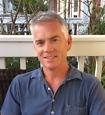
Sean Kinch grew up in Austin and attended Stanford. He earned a Ph.D. from the University of Texas. He now teaches English at Montgomery Bell Academy in Nashville.
